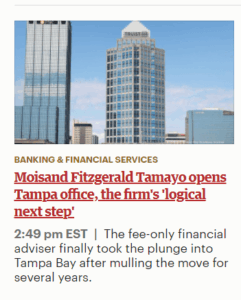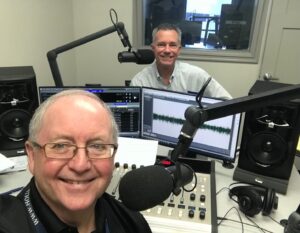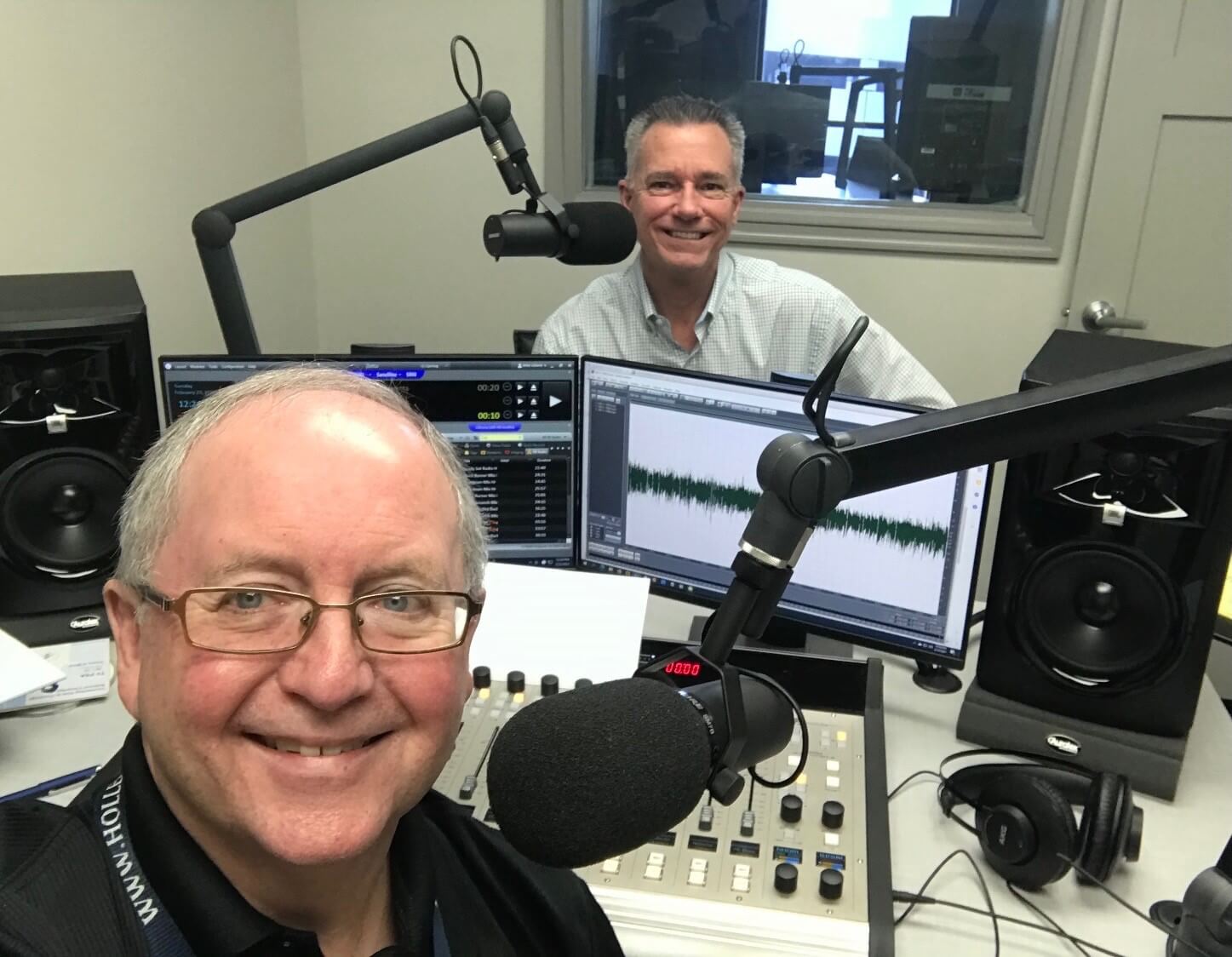What you do makes the difference
One of the topics that comes up when we take on new clients is how they fared during prior market declines. The basic characteristics of their experiences are consistent, with differing degrees of fearfulness, anxiety, confusion, or other unpleasantness expressed.
Each one of us was affected by COVID-19 in some way and we all saw the same upsetting news during 2020. The record setting stock market drop, the protests, and the vitriolic election rhetoric may not have upset us in the same way or to the same degree, but we were all made aware of these same events. Yet we are meeting prospective clients who have had very different investment returns through this pandemic. Why?
Simply put, these prospective clients got different results because of what they did in reaction to news.
Simply put, these prospective clients got different results because of what they did in reaction to news.
We face the same three choices about our investment holdings every day. We can sell some (or all), buy more, or hold. During the “corona crash” we put out a number of pieces urging clients to keep calm and reminding them that we knew what to do. The weighty evidence of history backs up our belief that during a bear market, diversified investors will end up doing better buying than holding and that holding will be better than selling. When we look at accounts from 2020, that is exactly what we see.
A drop is not a time to panic and abandon a sound strategy, especially a strategy that expects bad times periodically. No, it is a time to rebalance and employ other tactics which fit that strategy.
People who cut their stock market holdings invariably tell us they watched a lot of news and were convinced that things would not get better any time soon. It was a reasonable interpretation. When the lockdowns started in March of last year, more than a few people were sure we were headed for a depression. The consensus in the medical community was a vaccine was two years away.
Nonetheless, we were confident that of the choice to buy, sell, or hold, selling was the least likely to work. At that juncture, it was not a smart move for a sound investment plan and likely never will be a smart move after a large market decline. The people who opted to reduce their stock holdings had to be right about short-term market behavior and act quickly. However, we did not see anyone do both correctly.
In the end, it didn’t matter if the crash was due to the pandemic or something else. Past bear market dramas have always ended the same way and should end the same way in every future bear market. Businesses are adaptable and will adjust to the circumstances, the aggregate value of businesses (not necessarily any one business) should be more valuable in the future, and market values should reflect that. It’s just math and common sense. Buy low. Sell high.
Your investment results will likely be dictated by how well you react to this noise more than how the market reacts to news related to these concerns.
When (not if) the next nasty market drop comes, the news will be troubling and the temptation to believe it (because things are “different this time”) will be great. In the meantime, even without a bad market, you will have plenty of opportunities to make shortsighted decisions. Whether it be the markets, the economy, tax code changes, political matters, inflation fears, rising interest rates, growth vs. value, or the value of the dollar, there is always something to worry about and always will be. Your investment results will likely be dictated by how well you react to this noise more than how the market reacts to news related to these concerns.
When that happens, we will do all we can to remind you that the overwhelming evidence of history favors the disciplined, patient investor and just how unhelpful the media has been at navigating the market turmoil. We can also assure you we will do what needs to be done on your behalf.
News & Notes


Mike and Tommy serve as experts for webinar: As a public service, the Winter Park Health Foundation hosted a webinar, “Taxes 101 – Why Your Taxes Shouldn’t Be Taxing On You.” Four panelists helped explain how to account for stimulus payments, PPP funds, and other quirks of 2020. They also provided tips on how to begin to think “tax savvy” and optimize a tax strategy. Two of the experts were Mike Salmon, CFP®, EA and Tommy Lucas, CFP®, EA from our firm.
Changes at DFA: Dimensional Fund Advisors will be converting a few of its traditional mutual funds into Exchange Traded Funds (ETFs). What does this mean for clients who own these funds? First, the conversion will not trigger a significant taxable event, nor will clients incur any costs for the conversions. Second, the ongoing fund expenses, already among the lowest in the fund universe, will drop by approximately one third. Lastly, the ETF structure should provide even more tax efficiency to the already highly tax efficient funds. The downside? Sometimes trading gets a little tricky but we’ve used ETFs and handled those quirks for years for clients.


